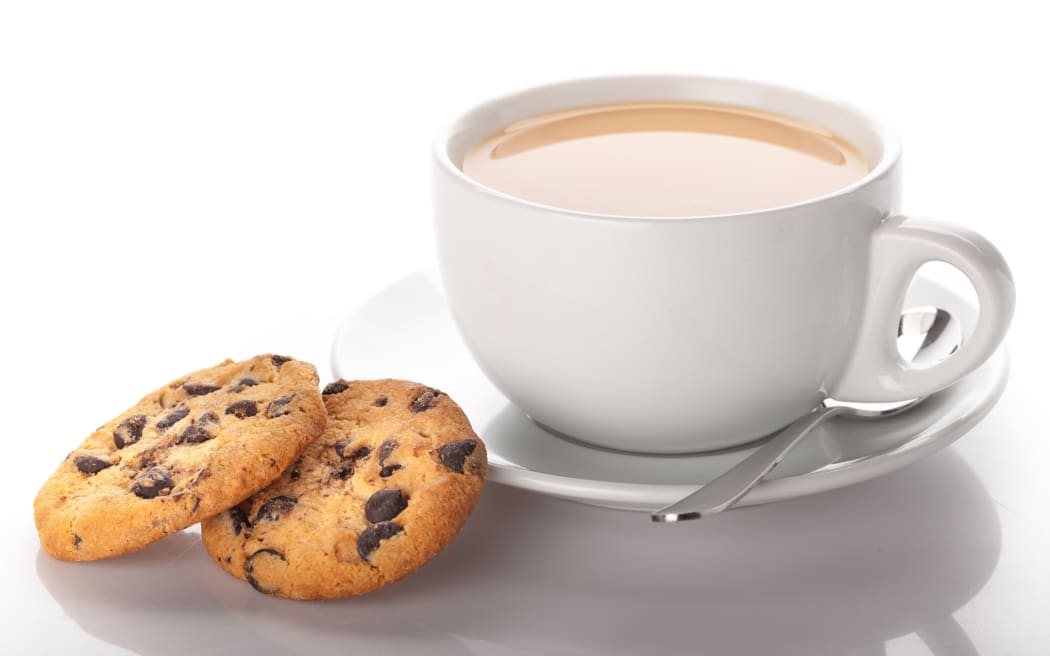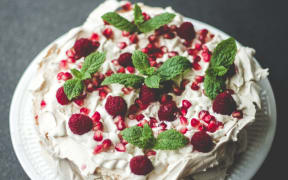By Lucy Corry
Hindsight is a wonderful thing.

Photo: 123RF
I should have known he wasn't 'the one' the minute he screwed up his face at the prospect of eating two dozen Bluff oysters with me. "Oh, umm, oysters!" he said gamely, looking at them with the enthusiasm of a condemned man.
It was Valentine's Day 1998 and this was not the reaction I'd expected. I'd grown up reading Cosmopolitan and Cleo magazines, I thought inviting him over and providing plump and briny oysters meant I was on to a sure thing. I'd even splashed out on a bottle of Lindauer Brut.
Reader, I was wrong. In the end, what could have been a very awkward evening was the arrival of my flatmate Steve. His face lit up when he saw the oysters (and the wine) and he joyously ate and drank the remains of both. Then he took my boyfriend to the pub. I think I stayed home, nursing vengeful thoughts.
Valentine's Day is supposed to be the apotheosis of grand gestures of love. When it comes to food, so-called aphrodisiac foods like oysters, bananas (!), asparagus and, err, nuts are regularly mentioned in breathless pre-V Day stories that owe little to actual science and everything to fake news. As my ground-breaking field study proved, if they're just not that into you then no amount of oysters will do the trick.
A more effective methodology - though one that requires you to put in a bit more effort - is to show someone you love them in smaller and less flashy ways on a more regular basis. Consumer culture may claim otherwise, but once-yearly bunches of roses and boxes of chocolates (and certainly not boxes of the hideously remade Roses chocolates) won't keep the wheels of your relationship turning. It's the little acts of love - making them their favourite dinner, remembering the right sort of coffee, saving them the last chocolate biscuit - that count over time. Love is doing the emotional labour.
When I think about my parents, who were married for nearly 60 years, I think about how my father always took my mother a cup of tea in bed in the mornings. This was learned behaviour: my dad's father began the day by taking his wife a cup of tea in bed and so he thought this was what husbands did. That morning cup of tea was so integral to my parents' relationship that when they travelled abroad dad made the tea in kettle-less hotel rooms using a portable element that probably came with a high chance of electrocution. Looking back, I realise this was both an act of love and of strategy. It's hard to be mad at someone when they've gently laid a cup of tea on your bedside table.
If you live in the Tinder-verse, the thought of Ms or Mr So-Hot-Right-Now making you a cup of tea in the mornings may seem too old-school for words. But you can learn a lot about someone from what they're like with food. If I was you I'd add to my profile; 'knife-lickers, drink-slurpers, wine show-offs and diet bores need not apply'. I mean, do you really want to hang out with someone who wants their steak well-done? Or who eats the last morsel from the sharing plate without offering it to you first? I think not.
Then again, it is possible to love someone even though their tastes in food may be very different to yours. It's even possible to stay married to them even though they may fall woefully short of expectations when it comes to delivering bedside cups of tea. An in-depth research project that I've been conducting over the last 17 years has proven that while you can't necessarily train someone to bring you a morning cuppa, you can help them develop a taste for olives, gin, stinky cheeses and anchovies. I'm going to need more time to convince my research subject of the merits of chicken livers, salmon, quinoa or watermelon, but I think he's worth the effort (even if he puts olive oil margarine on his toast instead of butter). Mostly though, I'm just glad that he loves oysters.


